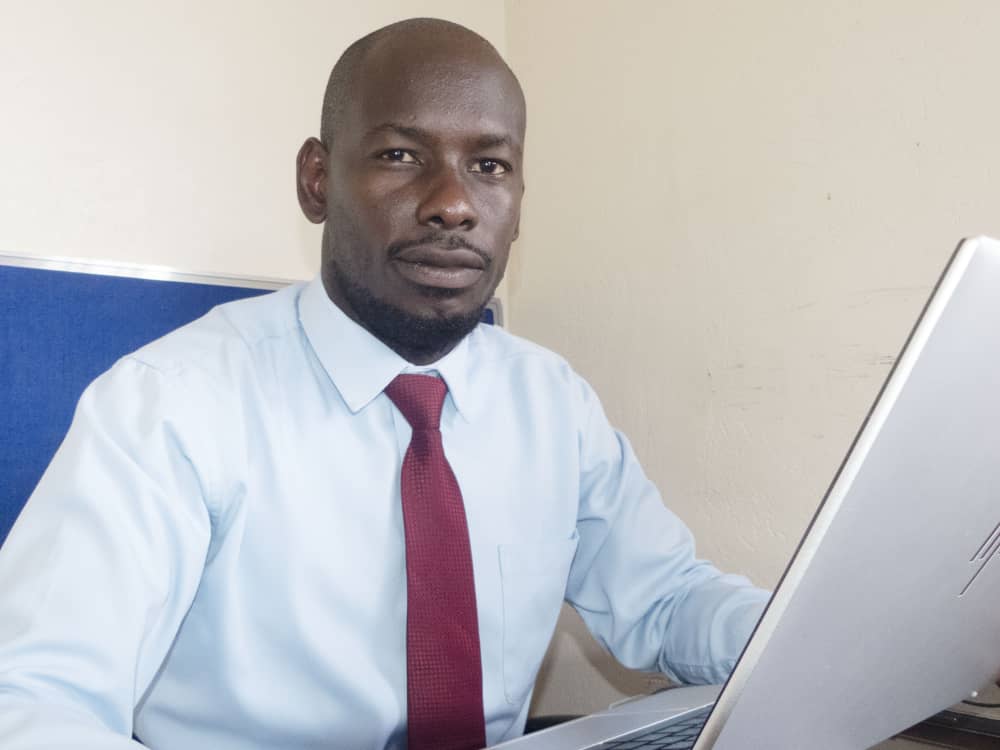
By Emmanuel Opio
Recently, I had the chance to reconnect with an old friend from high school, who now serves as an aide to a local politician.
As I watched him passionately address a rally for Otwokor, a candidate vying for a parliamentary seat, it struck me how crucial this moment was—not just for Otwokor, but for each citizen who would cast their vote.
As I reminisced with my friend about our school days, I encountered two local colleagues discussing the elections. One asserted, "I don’t need to vote because others will do it. I’d rather focus on my potatoes for next year."
The other chimed in, saying, "I stopped voting ages ago when my candidate lost." Intrigued, I felt compelled to engage in their conversation.
I argued that voting is essential. Their potatoes, which they believed were unrelated to politics, would ultimately depend on the economic policies and infrastructure put in place by elected leaders.
I explained that their agricultural success could be impacted by the quality of services provided, such as reliable market access, fair taxes, and expert agronomic advice. It’s crucial to understand that every vote counts, particularly in shaping the very systems that govern our daily lives.
According to Article 59 of the Constitution of the Republic of Uganda, every citizen of eighteen years and above has a right to vote. Yet, a shocking number of Ugandans do not exercise this right, often due to a lack of awareness.
This is a disservice not only to themselves but to the country as a whole. Voting is the cornerstone of democracy, and it is the tool through which we can voice our concerns and priorities.
Moreover, it is the responsibility of the state to facilitate this right by ensuring that all eligible citizens are aware of their voting rights.
If we fail to participate in elections, we effectively relinquish our say in how our society functions. Complaining about elected officials without having participated in the electoral process is hypocritical.
If a representative does not meet our expectations, the law wisely allows us to recall them. However, this opportunity is only valid if we engage in the voting process from the outset.
Opting out of voting sells our rights and diminishes our collective voice.
Our roads, access to water, legal protections, and marketplaces are all influenced by the decisions made at various levels of government.
We must understand that democracy thrives on active participation. Every individual’s vote matters and contributes to the broader tapestry of governance.
Let us commit to voting to ensure accountability, representation, and progressive change in our society.
When we exercise our right to vote wisely, we take a step toward better service delivery.
The writer is the Communications Officer of Kapelebyong District
Email: opioemmanuel400@gmail.com
Tel: 0784129412 /0756629107.
Facebook: Opio Sneijder Emmanuel
Twitter: @opioemmanuel